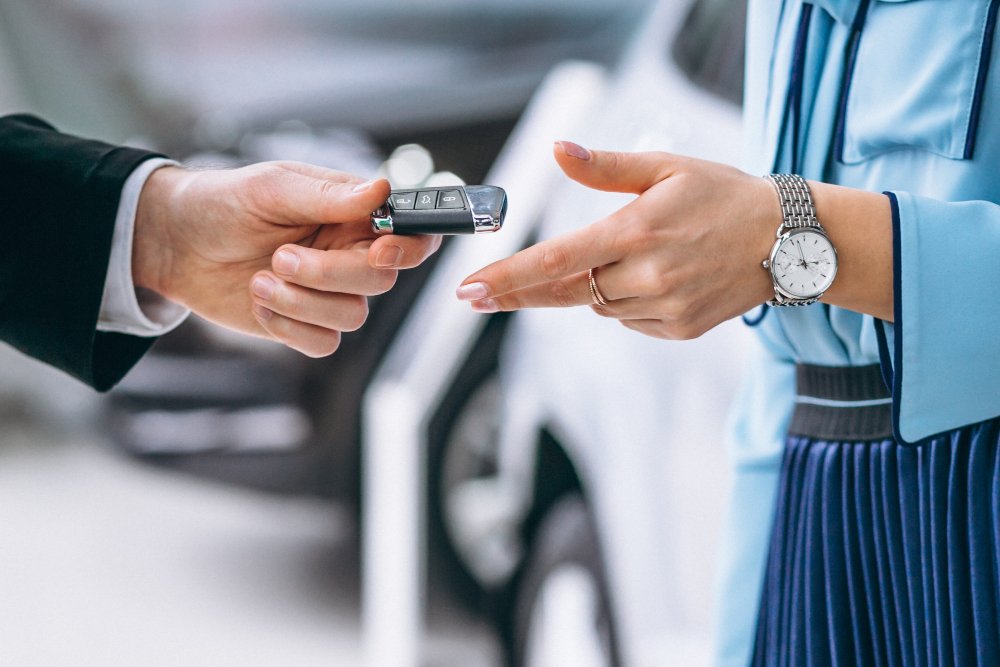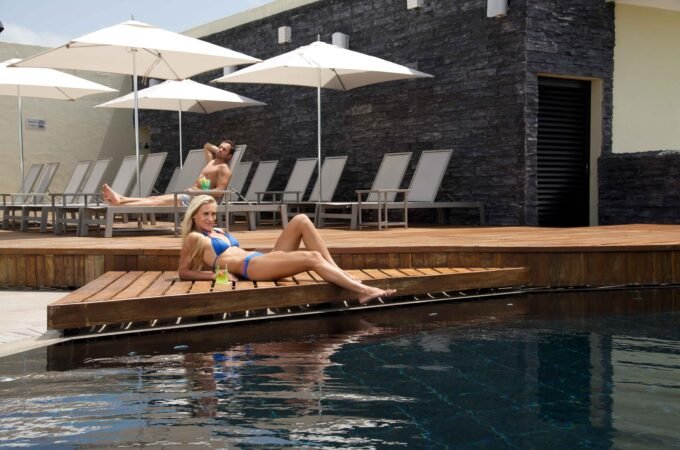
Car Rental Service in Dubai: Important Nuances
The advantages of car rental have long been proven, but in the case of car rental in Dubai, and indeed in the UAE, these advantages become even more obvious. Ideal roads, inexpensive gasoline, adequate driving due to the general sobriety of drivers, savings when traveling in a group, and many other advantages, united in one word – freedom.
However, the UAE is a rather unique country, and in terms of car rental in Dubai, Abu Dhabi, or any other city in the state, there are some nuances that I would like to discuss below.
Insurance, deposit, and deductible
These concepts are spelled out in the rental conditions and are specified for each specific car. Their size depends on the policy of the rental company and the specific car – as a rule, the more expensive it is, the larger the deposit.
A deposit, or collateral, is an amount that is blocked on your card in case of any damage not covered by insurance. In the event that such damage is found, a certain amount stated in the price list will be deducted from the deposit. If this amount exceeds the deposit, then you will need to pay the difference. Moreover, if you hand over the car yourself, without inspection by a company employee, after finding damage, the company may ask the bank to block additional funds in your account. This is why they require a credit card so that the bank can quickly deduct the money, increasing the credit limit and sending the required amount to the rental company.
Just a few companies allow you to rent a car without deposit in Dubai. In cases where you rent from small rental companies, the deposit may be accepted in cash.

A deductible is an insurance limitation. Any damage that exceeds the deductible amount is paid by the insurance company, but the deductible amount is your money. For example, with a deductible of 5,000 dirhams and damages of 10 thousand, you pay 5, and the insurance company pays another 5. If the damage is less than the deductible amount, then you pay for it. Accordingly, when choosing a car, you should give preference to the least burdensome deductible, but this may affect the cost of renting a car.
Insurance by default includes three concepts:
- coverage in case of accidents and damages (CDW – collision damage waiver);
- third-party liability (TPL – theft waiver);
- coverage in case of theft (TP – third-party liability protection).
CDW is actually insurance with a deductible, the amount of which is specified in the contract and rental conditions. If it is not your fault, then you do not pay anything, but if you are the culprit of the accident, you pay an amount equal to the deductible (usually the same deposit will be blocked from you), and the rest is paid by the insurance company.
It is important to remember that the insurance does not include damage to glass, mirrors, tires, and some other elements. If you rented a car in one of the areas of Dubai, for example, https://renty.ae/city/dubai/discovery-garden and got into an accident, but there was no one at fault (someone didn’t notice how they scratched you and drove away, or a coconut fell from a palm tree), then the responsibility lies with you. In such cases, it is recommended to notify the rental company and find an opportunity to view surveillance cameras; there are plenty of them in the cities of the UAE.
In case of an accident in Dubai and the UAE, regardless of whether you are at fault or not, you need to call the police by calling 999, and also notify the insurance company about the incident. The police will promptly arrive and draw up reports, the culprit of the accident will receive a red paper, and the opponent will receive a green one. This is all handed over to the rental company, if it’s green, you don’t owe anyone anything, if it’s red, you part with the deductible amount.




